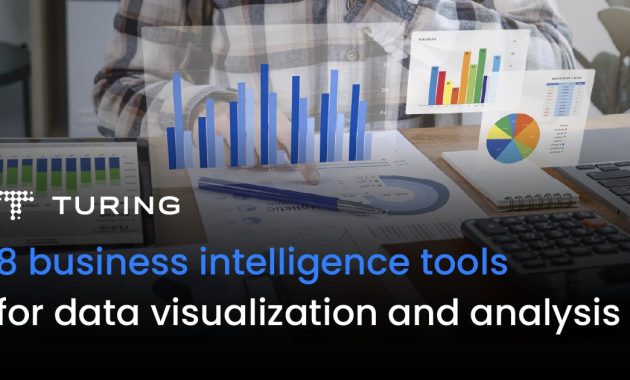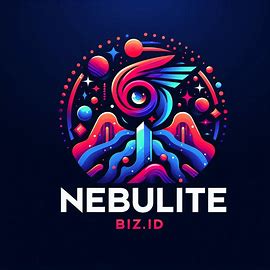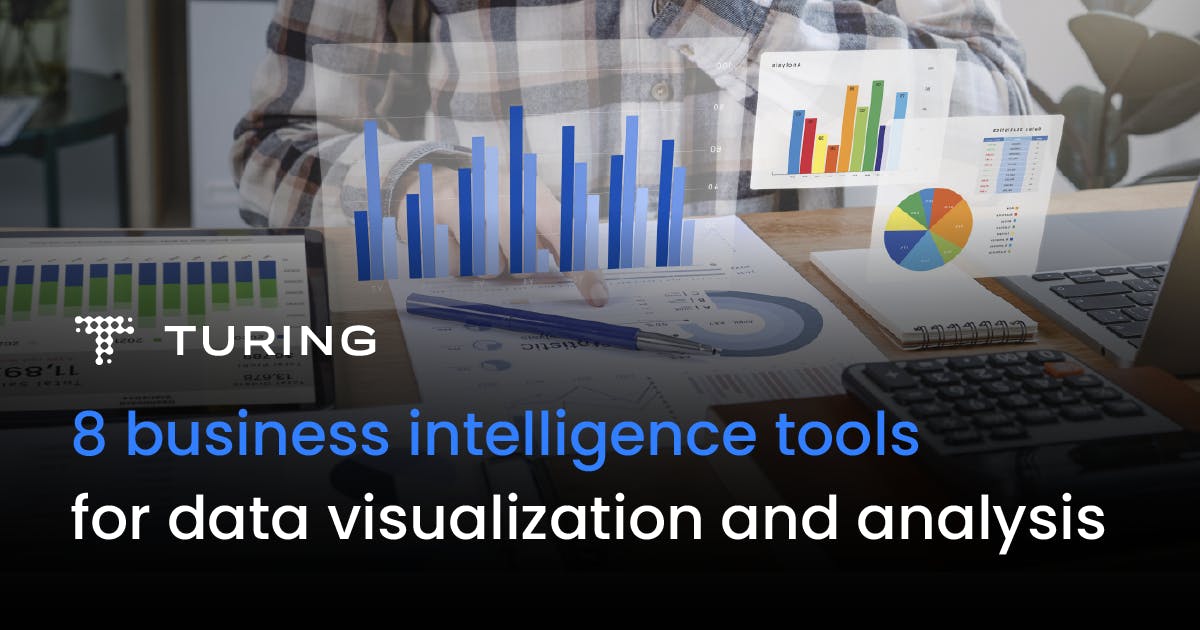
Winning with 8 Business Intelligence Tools To Maximize ROI
In the ever-evolving landscape of modern business, data is the new gold. Companies that can effectively harness and interpret their data hold a significant competitive advantage. Business Intelligence (BI) tools are the picks and shovels in this gold rush, enabling organizations to extract valuable insights from raw data and make informed decisions. This article delves into eight powerful business intelligence tools designed to help you win, and ultimately maximize your Return on Investment (ROI).
The core function of business intelligence tools is to transform raw data into actionable information. They achieve this through various methods, including data collection, analysis, visualization, and reporting. The goal? To empower businesses to understand trends, identify opportunities, and mitigate risks, all leading to better strategic planning and, crucially, a stronger ROI.
Understanding the Power of Business Intelligence
Before diving into specific tools, it’s essential to grasp the broader impact of business intelligence. Effective business intelligence translates into several key benefits:
- Improved Decision-Making: Data-driven insights allow for more informed choices, reducing reliance on guesswork.
- Increased Efficiency: Automating reporting and analysis frees up valuable time for other tasks.
- Enhanced Customer Understanding: Analyzing customer data reveals preferences and behaviors, leading to improved customer service and targeted marketing.
- Competitive Advantage: Identifying market trends and anticipating customer needs allows businesses to stay ahead of the curve.
- Cost Reduction: Identifying inefficiencies and optimizing processes can lead to significant cost savings.
Eight Business Intelligence Tools to Consider
The market is saturated with business intelligence tools, each offering a unique set of features and capabilities. Choosing the right tools depends on your specific business needs, the size of your organization, and your technical expertise. Here are eight tools to consider:
Tableau
Tableau is a leading business intelligence and data visualization tool. Known for its user-friendly interface and powerful visualization capabilities, Tableau allows users to create interactive dashboards and reports with ease. Its drag-and-drop functionality makes it accessible to users with varying levels of technical expertise. Tableau excels at connecting to a wide range of data sources and is a strong choice for businesses that prioritize data visualization and ease of use. The platform is consistently ranked as a leader in the Gartner Magic Quadrant for Analytics and Business Intelligence Platforms, highlighting its industry recognition.
Power BI
Microsoft Power BI is another industry heavyweight, offering a comprehensive suite of business intelligence features. Seamlessly integrated with other Microsoft products, Power BI allows users to connect to various data sources, create interactive dashboards, and share reports with colleagues. Its robust data modeling capabilities and competitive pricing make it a popular choice for businesses of all sizes. Power BI’s integration with the Microsoft ecosystem is a significant advantage for organizations already invested in Microsoft technologies. Its affordability and ease of use make it an attractive option for small and medium-sized businesses (SMBs).
Qlik Sense
Qlik Sense is a business intelligence platform known for its associative data modeling capabilities. Unlike traditional query-based tools, Qlik Sense allows users to explore data relationships in a more intuitive way. It helps users uncover hidden insights and identify connections that might be missed with other tools. Qlik Sense’s associative engine is its key differentiator, enabling users to explore data from multiple angles and discover unexpected patterns. The platform offers strong data governance features, making it suitable for organizations with stringent data security requirements.
Looker (Google Cloud)
Looker, now part of Google Cloud, is a business intelligence platform designed for data-driven decision-making. It offers a robust data modeling layer, allowing users to define key metrics and calculations consistently across their organization. Looker’s focus on data governance and collaboration makes it an excellent choice for large enterprises. Its integration with Google Cloud services provides seamless access to data storage and processing capabilities. Looker’s ability to define a single source of truth for data ensures consistent reporting and analysis across the entire organization.
Sisense
Sisense is a business intelligence platform known for its ability to handle complex data sets and deliver insights at scale. Its in-memory processing engine ensures fast query performance, even with large volumes of data. Sisense is particularly well-suited for businesses that need to analyze data from multiple sources and create interactive dashboards for large audiences. The platform’s emphasis on speed and scalability makes it an excellent choice for organizations with demanding data analysis requirements.
Zoho Analytics
Zoho Analytics is a business intelligence and reporting tool designed for ease of use and affordability. It offers a user-friendly interface and a wide range of pre-built integrations with popular business applications. Zoho Analytics is a great option for small and medium-sized businesses looking for a cost-effective business intelligence solution. Its intuitive design and pre-built connectors make it easy to get started quickly. The platform’s pricing structure is attractive for businesses with limited budgets.
Domo
Domo is a cloud-based business intelligence platform that focuses on real-time data analysis and collaboration. It allows users to create interactive dashboards, share insights with colleagues, and monitor key performance indicators (KPIs) in real-time. Domo’s emphasis on collaboration and real-time data makes it a good choice for businesses that need to make quick decisions based on up-to-the-minute information. The platform’s mobile accessibility allows users to access data and insights from anywhere, at any time.
ThoughtSpot
ThoughtSpot is a business intelligence platform that leverages search-driven analytics. Users can simply type a question in natural language, and ThoughtSpot will generate the relevant insights. This makes it easy for anyone in the organization to access and analyze data, regardless of their technical skills. ThoughtSpot’s search-driven interface makes it incredibly user-friendly and accessible to a wide range of users. The platform’s ability to answer complex questions in natural language is a significant advantage.
Maximizing ROI with Business Intelligence Tools
Implementing business intelligence tools is just the first step. To maximize your ROI, consider the following:
- Define Clear Goals: Before investing in any tool, clearly define your business objectives and the specific questions you want to answer with your data.
- Choose the Right Tools: Select the tools that best align with your needs and technical expertise. Consider the features, scalability, and pricing of each option.
- Invest in Training: Ensure your team is properly trained on how to use the chosen tools. This will enable them to extract the maximum value from the data.
- Establish Data Governance: Implement robust data governance practices to ensure data quality, consistency, and security.
- Foster a Data-Driven Culture: Encourage a culture of data-driven decision-making across the organization. Promote the use of data to support all business decisions.
- Monitor and Evaluate: Regularly monitor the performance of your business intelligence tools and evaluate their impact on your ROI. Make adjustments as needed.
- Integrate Across Departments: Ensure that the business intelligence solution integrates across different departments. This helps avoid data silos.
The Future of Business Intelligence
The field of business intelligence is constantly evolving. Emerging trends like Artificial Intelligence (AI) and Machine Learning (ML) are poised to further transform the way businesses analyze and utilize data. AI-powered tools can automate data analysis, identify patterns, and predict future trends with greater accuracy. As technology advances, business intelligence tools will become even more powerful and accessible, enabling businesses to make smarter decisions and achieve even greater ROI. Businesses must stay informed about these advancements to maintain a competitive edge and maximize the value of their data.
Investing in the right business intelligence tools is a strategic move that can significantly impact your bottom line. By carefully evaluating your needs, selecting the appropriate tools, and implementing best practices, you can harness the power of data to drive growth, improve efficiency, and achieve a strong ROI. The journey to data-driven success begins with the right tools and a commitment to making informed decisions. Choose wisely, and watch your business thrive.
[See also: Related Article Titles]

